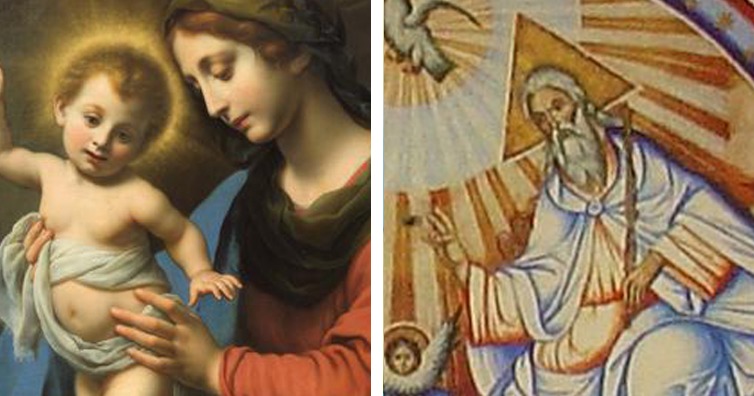I don’t know if you know, but Bible says nothing about halos on angels. Yes, there is an indirect mention of Jesus in Revelation being in glorious light, but the word ‘halo’ is nowhere to be found in the Bible.
So, one can only wonder, how did we end up painting angels and saints with halos around or above their head? And since not all halos are circular (did you know that?), what does each shape mean?
Let’s find out. (the article continues after the ad)
Halos have been around long before Christianity. Many ancient civilizations, including the Greeks, Egyptians, Indians and Romans, used to paint a circular sign when referring to supernatural powers, such as those used by angels. These circular disks were usually painted above or around the head of important figures suggesting that the person was very smart or enlightened. Because of its shape and color, figures having a halo seem to be in the “kingdom of light” and also appeared to be in the middle of everything – just like the sun being in the middle of our solar system:
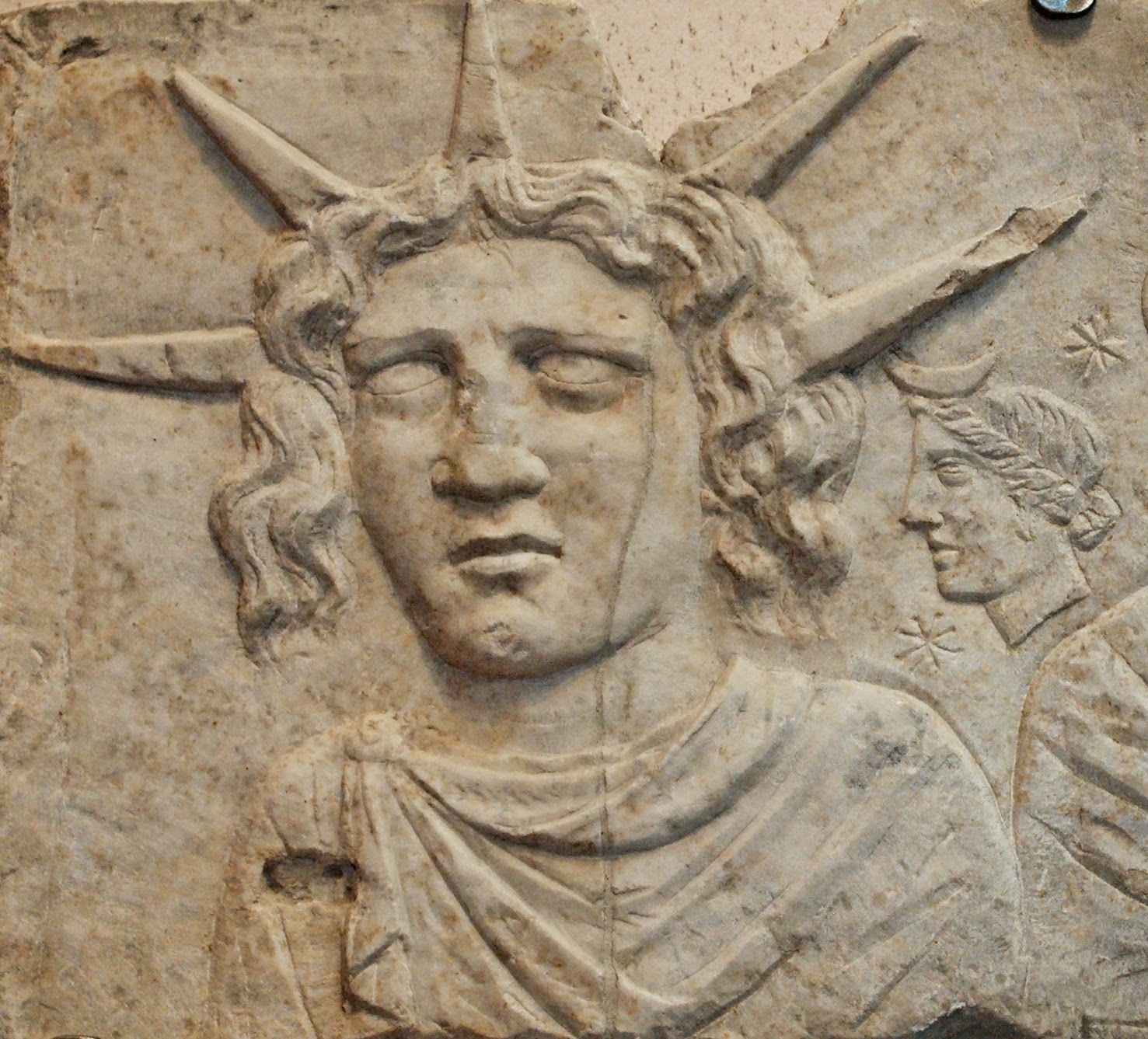
By the fourth century, halos were widely used in Christian art as a symbol of holiness, spiritual power and innocence. At the beginning only God, Jesus and Mother Mary were depicted with halos, but over time other saintly figures had similar ray of lights emanating from them.
During those times, only two types of halos were used: the common, circular one and the one with ray of lights the looks like a crown. Later on though, artists developed several types of halos and in fact, each shape convey different meanings:
Circular halo: The most common halo that you see on almost every saint
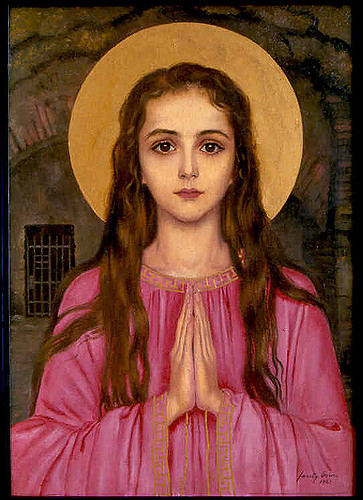
Radiating Halo: Less defined than the circular halo and looks like an orb around the head of the holy figure
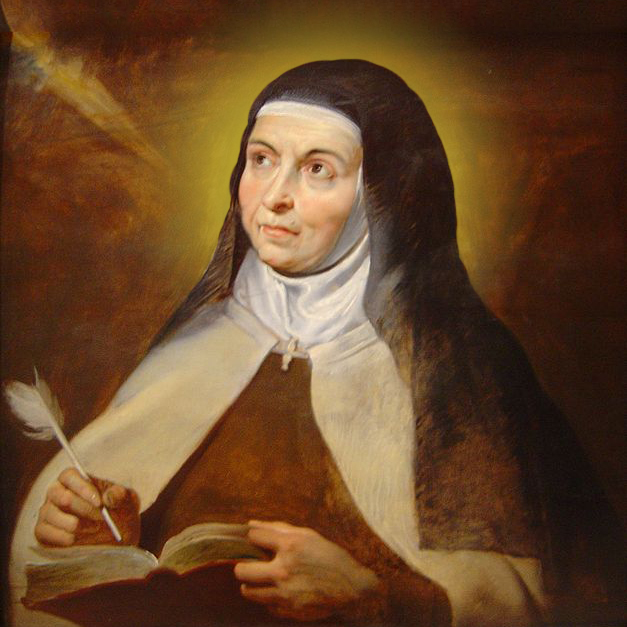
Triangle Halo: Only used with God and symbolizes the Holy Trinity
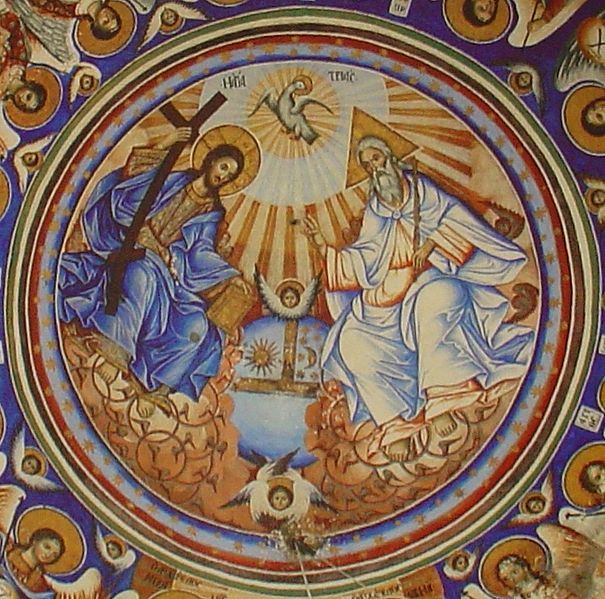
Square Halo: This one is used rarely as it’s for a holy person that is still alive
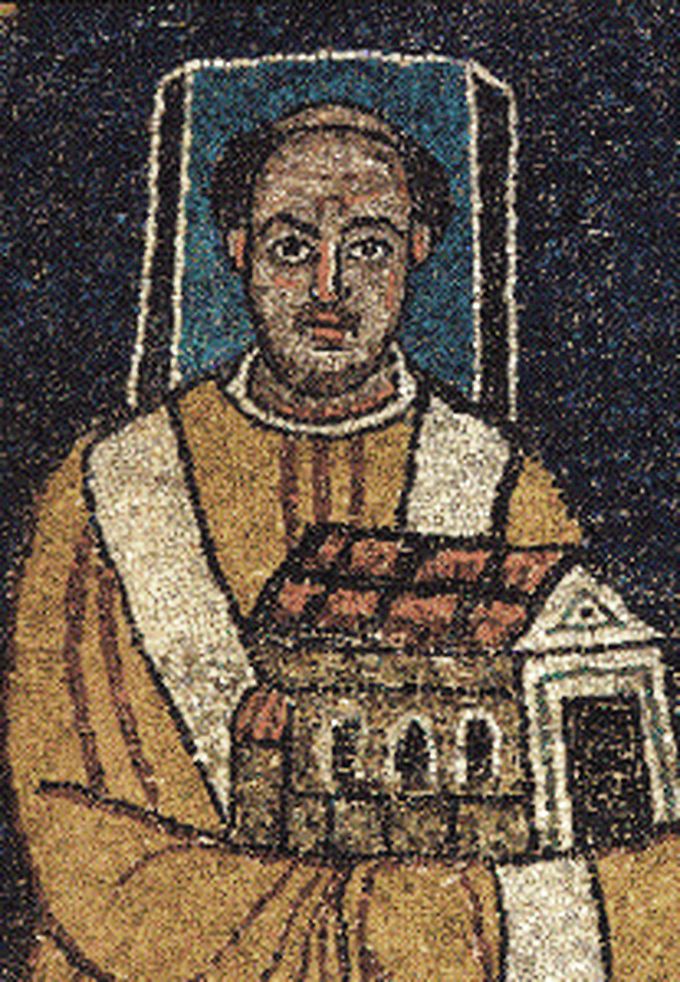
Aureole: Used around the whole body or just the head of Christ and Mother Mary
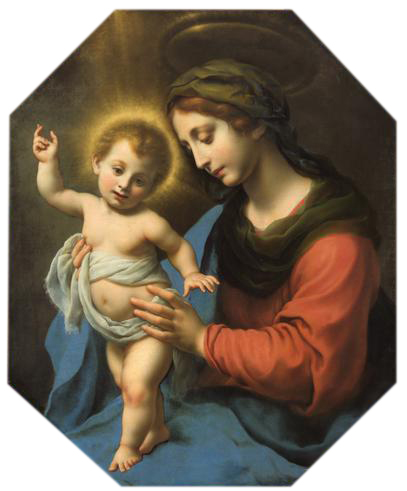
The Cruciform: Used exclusively for Jesus Christ, it’s the one that has a cross in it
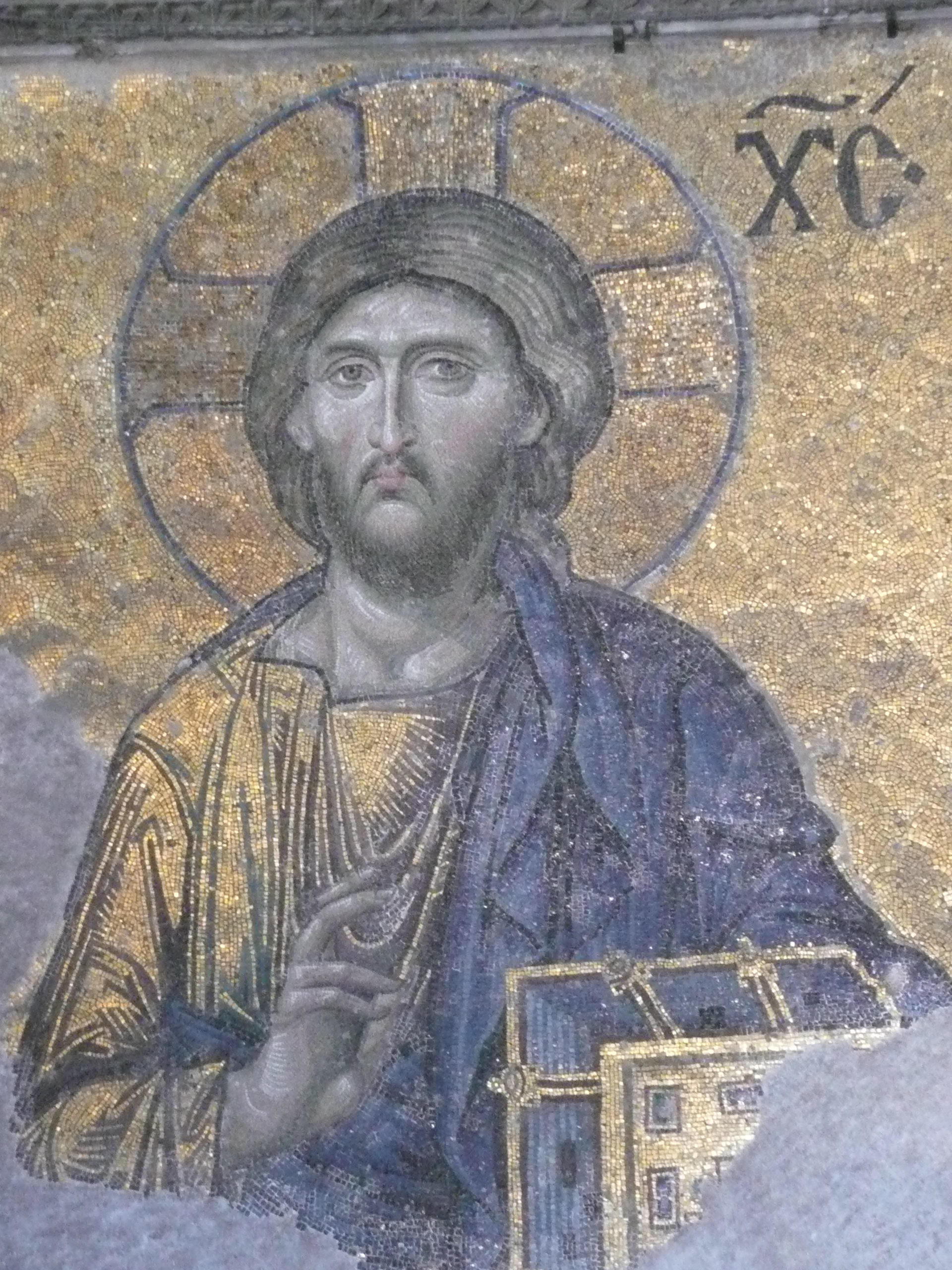
The Mandorla: This one is almond-shaped and surrounds the entire body of a saint
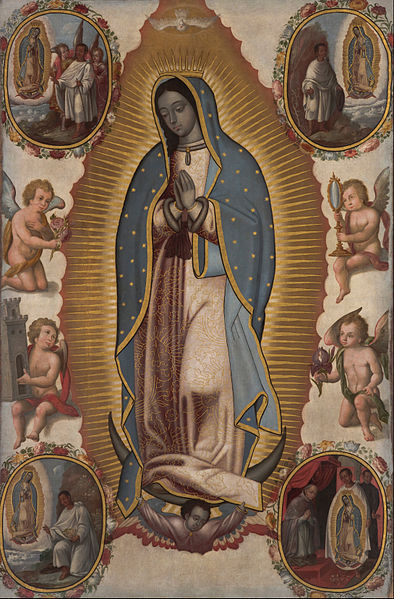
If you like what you read, then you will definitely love this one: Why Do Stained Glasses Have Representations Of The Bible?
Photo: Catholic Tradition
Photoshop: I’m A Useless Info Junkie
Sources: What is it about that Halo on the saints? | The ancient, secular reason why saints are shown with halos | Does the Bible say anything about halos? | What does the Bible say about halos?

